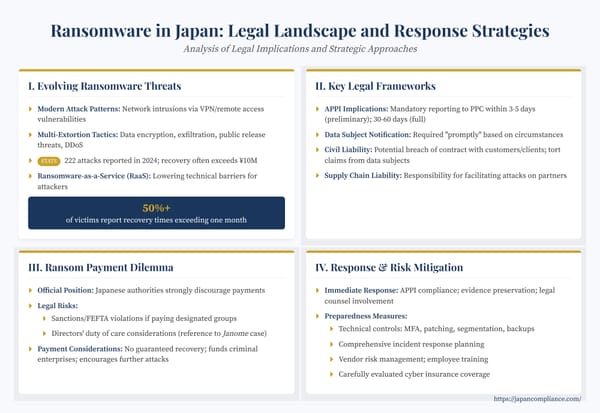TL;DR: The EU Carbon Border Adjustment Mechanism (CBAM) extends EU-ETS carbon pricing to cement, steel, aluminium, fertilisers, electricity and hydrogen imports. From 2026 importers must buy CBAM certificates unless a foreign carbon price is credited. US firms trading via Japan must map emissions data, renegotiate supply-chain contracts and budget
